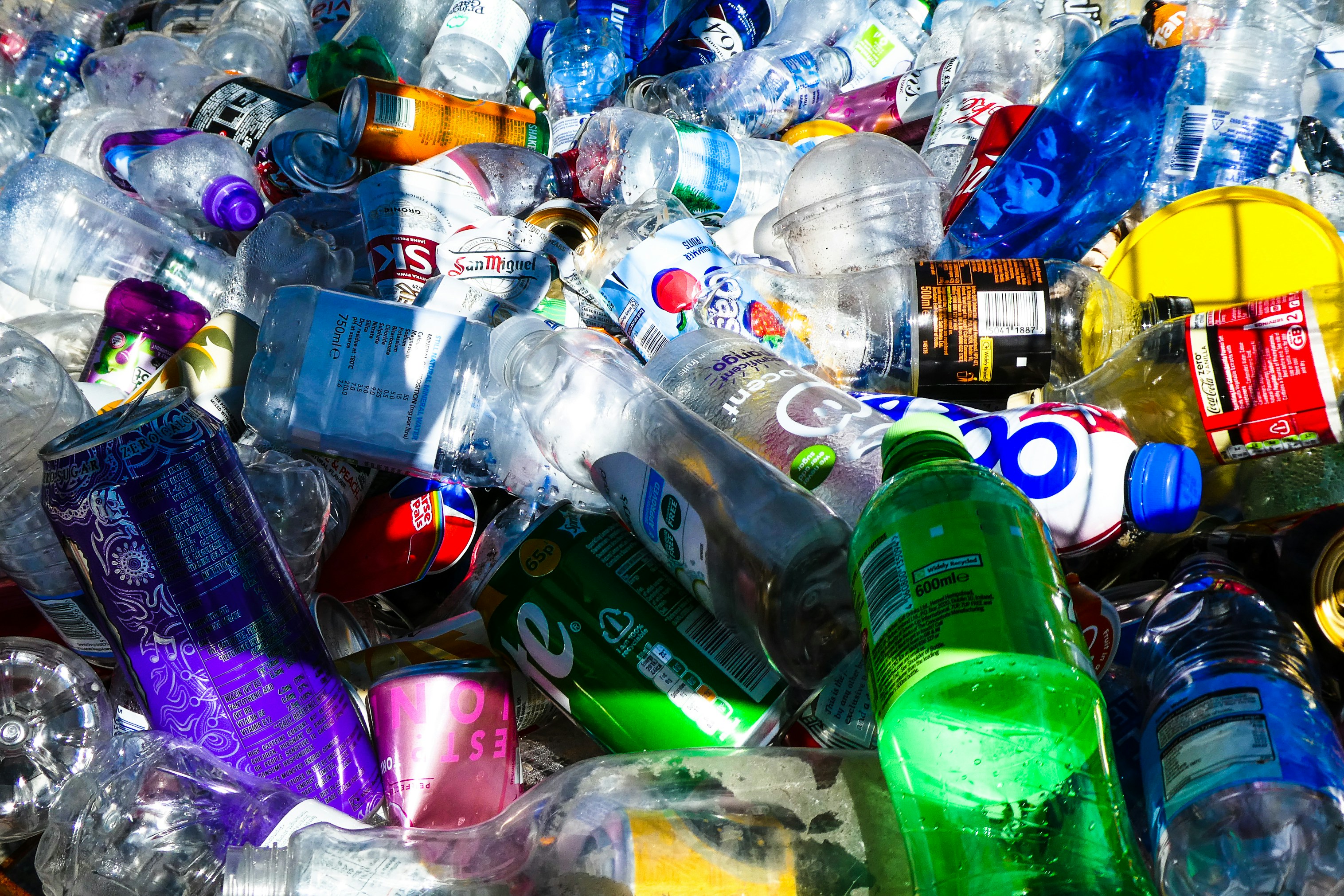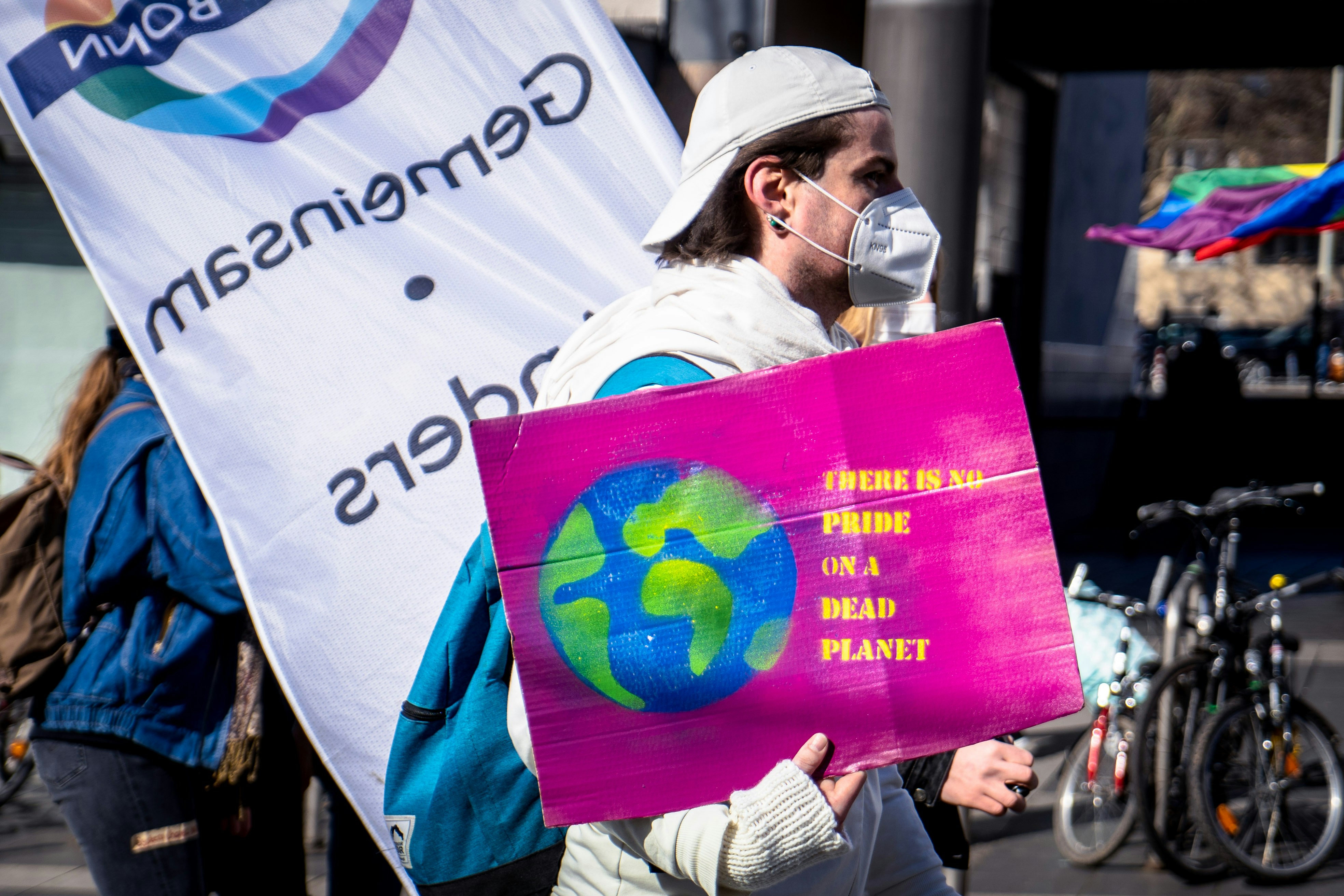
Small Steps, Big Impact: How We Can All Contribute to a More Sustainable Future
Jan 19, 2024
Introduction
In a world facing escalating environmental challenges, the call for sustainability has never been more urgent. While governments, corporations, and organizations play significant roles in driving systemic change, individual actions collectively wield immense power in shaping a sustainable future. From reducing our carbon footprint to promoting ethical consumption, each of us has the potential to make a positive impact. Let's explore some practical ways in which we can all contribute to a more sustainable world.
1. Embrace Eco-Friendly Habits:
Small changes in our daily routines can lead to significant reductions in resource consumption and environmental impact. Simple actions like turning off lights when not in use, minimizing water wastage, and opting for reusable items instead of single-use plastics can help conserve energy and reduce waste. Embracing eco-friendly habits such as cycling or using public transportation instead of driving, composting organic waste, and conserving water in our homes can contribute to a greener lifestyle.
2. Support Sustainable Practices:
Empowerment through consumer choices is a potent force for driving change. By supporting companies and brands that prioritize sustainability, we can encourage responsible production and consumption patterns. Look for eco-friendly products with certifications like Fair Trade, USDA Organic, or Forest Stewardship Council (FSC) certification. Choose locally sourced and seasonal produce to reduce carbon emissions associated with transportation. Additionally, consider investing in renewable energy sources like solar panels for your home to reduce reliance on fossil fuels.
3. Reduce, Reuse, Recycle:
The mantra of "reduce, reuse, recycle" remains as relevant as ever in our quest for sustainability. Start by minimizing waste generation through conscious consumption and mindful purchasing decisions. Choose products with minimal packaging or packaging made from recycled materials. Extend the life of items by repairing, repurposing, or donating them instead of discarding them prematurely. When recycling, ensure proper sorting and disposal to maximize resource recovery and minimize environmental pollution.
4. Educate and Advocate:
Knowledge is a powerful tool for effecting change. Take the time to educate yourself and others about the importance of sustainability and its implications for the planet and future generations. Share information and resources with friends, family, and community members to raise awareness and inspire action. Get involved in local environmental initiatives, volunteer for conservation projects, or join advocacy groups working to promote sustainable policies and practices.
5. Cultivate Conscious Living:
Mindfulness lies at the heart of sustainable living. Take the time to reflect on the interconnectedness of our actions and their impact on the planet. Practice gratitude for the natural world and adopt a mindset of stewardship towards the environment. Make mindful choices in all aspects of your life, from food and transportation to fashion and leisure activities. By prioritizing quality over quantity and embracing simplicity, we can reduce our ecological footprint and live more fulfilling lives in harmony with nature.
Conclusion:
Creating a more sustainable future requires collective effort and individual commitment. By making conscious choices and taking proactive steps in our daily lives, each of us can contribute to a healthier planet and a brighter future for generations to come. Whether it's through small lifestyle changes, supporting sustainable businesses, or advocating for systemic change, every action counts. Let us harness the power of collective action to build a more sustainable and resilient world for all.
Related articles


